The 2025 FIFA Club World Cup was projected to provide entertainment and thrilling soccer moments as football icons met in the United States to take part in the historical event.
But since the beginning of the tournament, the tournament has faced widespread criticism and is increasingly being labelled a failure due to a combination of structural, logistical, and political missteps.
Empty Stadiums and Low Fan Engagement
Several matches, including those featuring global stars like Lionel Messi or big teams like Real Madrid and Manchester City have seen poor attendance.
Chelsea’s opener against Los Angeles FC at Atlanta’s Mercedes-Benz Stadium had only 22,137 fans in a 71,000-capacity venue, with the upper tier closed.
Ulsan HD vs. Mamelodi Sundowns in Orlando had just 3,000 attendees in a 25,500-seat venue. Overall, stadiums have averaged about 43-52% capacity across the first matchdays.
Club World Cup Scheduling Issues
Many group-stage matches are scheduled on weekday afternoons, clashing with work hours and deterring local fans, especially in large U.S. cities with heavy traffic like Atlanta.
Matches have been scheduled at noon or 3 p.m. during the U.S. summer, leading to uncomfortable conditions for players and fans alike. Many players are also coming off long domestic seasons, and the tournament adds to an already congested calendar, raising concerns about burnout and injuries.
Also Read: Kenya Ranked First in SGBV Cases Against Women- Report
High Ticket Prices & Last-Minute Discounts
FIFA’s dynamic pricing model started with steep costs (e.g., Ksh45,000 for the cheapest seats at the opener), alienating fans. Prices were later slashed by up to 84%, with some tickets dropping to Ksh2500 for students, but many had already made other plans.
FIFA chose large NFL stadiums like MetLife, Mercedes-Benz over smaller, soccer-specific MLS venues, leading to huge, half-empty settings that diminish atmosphere.
Political & Travel Barriers
Concerns over U.S. Immigration and Customs Enforcement (ICE) presence at venues, amid fears of deportations, is also feared to have deterred immigrant fans, particularly from Latin America. Strict security measures, including passport checks, added to the unease.
The U.S. government, under the Trump administration, had implemented strict immigration policies that include a full travel ban on 12 countries and partial restrictions on 9 others.
Visa interview wait times have reached up to 18 months in countries like Colombia, and over 300 days in many others.
Logistical and Infrastructure Issues
Bayern Munich’s 10-0 demolition of Auckland City clearly showed FIFA’s seven-year qualification window was not the right method for teams to earn their spots.
Auckland City is ranked 4,957th in the world by Opta, while their group opponents include Bayern Munich (6th), Benfica (24th), a brutally uneven draw.
This has led to a lack of suspense and excitement, with some matches feeling more like preseason friendlies than high-stakes tournament fixtures.
Also Read: How Six FKF-PL Clubs Will Fight for Survival on the League’s Last Day
The mismatch in team quality has contributed to low viewership and engagement, especially for games involving lesser-known clubs.
Logistical and Infrastructure Issues
Many matches are being hosted in NFL stadiums, which typically use artificial turf. FIFA mandated the installation of temporary natural grass to meet international standards, but this has led to uneven playing surfaces, poor drainage, and increased injury risk for players.
The Club World Cup spans 12 cities across the U.S. and the wide geographic spread has equally Whcreated complex travel schedules for teams and fans and logistical strain on transporting equipment and staff.
Follow our WhatsApp Channel and X Account for real-time news updates.



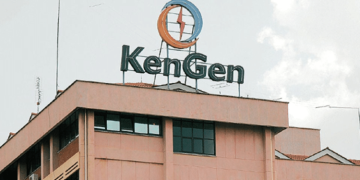


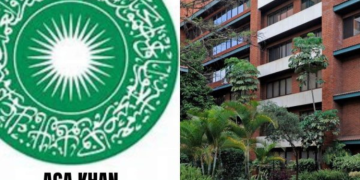



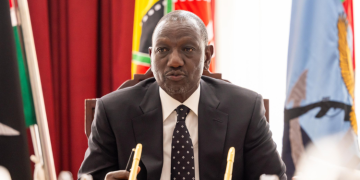






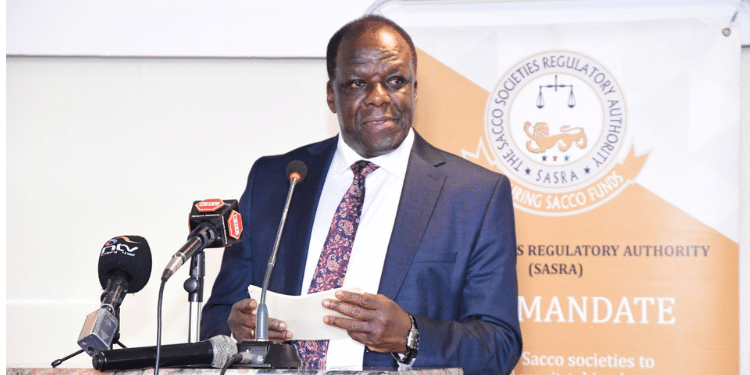



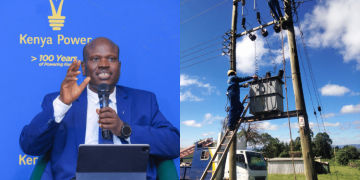
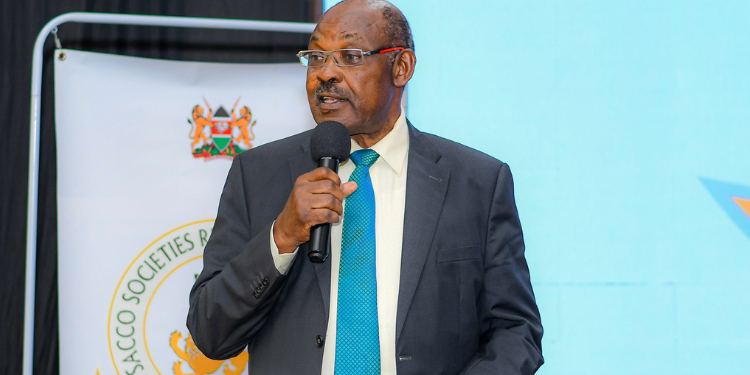































![Senator Allan Chesang And Chanelle Kittony Wed In A Colourful Ceremony [Photos] Trans Nzoia Senator Allan Chesang With Channelle Kittony/Oscar Sudi]( https://thekenyatimescdn-ese7d3e7ghdnbfa9.z01.azurefd.net/prodimages/uploads/2025/11/Trans-Nzoia-Senator-Allan-Chesang-with-Channelle-KittonyOscar-Sudi-360x180.png)




















